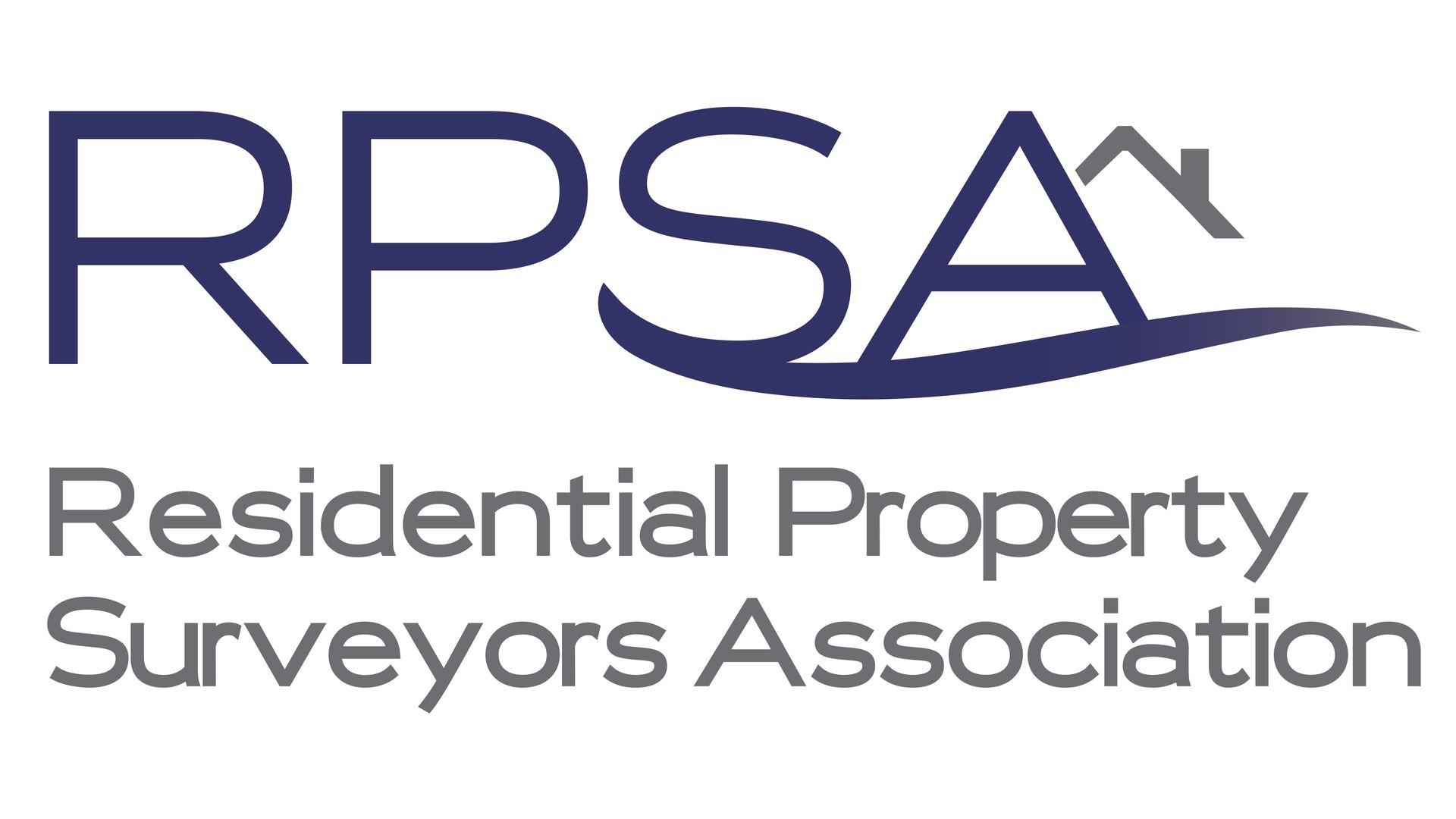Follow Us
10 Street Name, City Name
Country, Zip Code
555-555-5555
myemail@mailservice.com
What to look for when buying your next home
When buying your next home or investment property, there are several important factors to consider. Here are some key things to look out for:
1. Location: Location, location, location still remains very important. Consider the commute to your workplace, schools, doctor’s surgery, amenities, public transport, and other important places based on your lifestyle and day-to-day needs. It is always worth visiting the neighborhood where you are looking to move at varying times of the day. This will help determine if there are any traffic build-ups or unexpected surprises that may be something you wish to avoid.
2. Price and Affordability: Set a budget and determine what you can comfortably afford and try not to go over this. Consider not just the purchase price but also ongoing costs such as property taxes, conveyancing fees, insurance, maintenance, and potential renovations or repairs. Ensure to consider whether you could afford repayments on a mortgage if interest rates were to rise or your personal circumstances were to change.
3. Condition and Quality: Assess the overall condition of the property. Look for signs of structural issues (cracking, misalignment of doorways/floors), water damage, mould, or pest infestation. The age and condition of the roof, walls, windows, doors, heating systems, floors, electrical systems, and insulation is important to consider as this will also have a detrimental impact on the value of the property and ongoing maintenance requirements. Consider the quality of construction and the potential need for renovations or updates.
4. Size and Layout: The size and layout of the property should meet your needs and preferences. Consider the number of bedrooms and bathrooms, the functionality of the kitchen and living spaces, storage options, and any specific requirements you may have to accommodate for your lifestyle. Think about your current and future lifestyle needs.
5. Outdoor Space: Consideration for outdoor areas such as the garden, patio, or balcony is important, especially if your lifestyle includes the use of outdoor spaces for gardening etc. Consider the size and usability of the space, privacy, landscaping, and maintenance requirements. If outdoor living is important to you, ensure the property provides the desired outdoor amenities.
6. Daylight and Ventilation: Natural light and ventilation are important for overall comfort and well-being. Assess the orientation of the house, the placement of windows, and the overall brightness of the interior. Consider if the ventilation and airflow within the property are adequate, and if not is it within your budget to make it so.
7. Accessibility and Future Potential: Consider the accessibility to the property and access to the grounds. Do you require ramp access? Are there only narrow lanes to the property? Also, areas that may be able to be improved to increase the functionality for your own use and to increase the market value of the property when you consider moving in the future. Can you extend the accommodation or somehow improve it?
8. Property History and Legal Issues: Conduct thorough research on the property's history, including any previous damages, renovations, or legal issues like charges over the property or easements. Obtain a professional inspection and review all relevant documents, including the title deed, survey, planning permissions, building regulation approvals, listed building consent (if applicable).
Remember, this is more than an emotional decision. Of course, you have to love where you live, but also the practical elements require thought and it is always best to ensure you have the backing of competent property professionals to ensure you are fully aware of what you are purchasing. Purchasing a house is a significant investment, and careful consideration of these factors can help you make an informed decision.
Copyright Home Health Expert Limited
